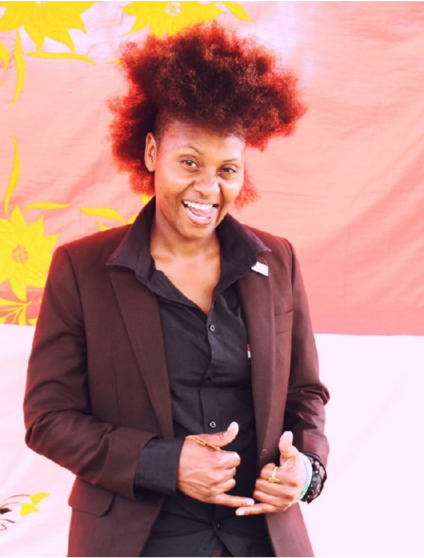Like every kid, I had dreams. While growing up in Sudan during the civil war, I always saw nuns giving to the vulnerable and helping people in need. So, for a long time I wanted to become one of them. It was only when I grew older that I learned that you don’t need to be a nun to help others. Instead, I became a human rights activist.
When the war got more intense, my childhood dreams came to a standstill. It started that day in Raga in 2001 when a fight erupted in our village between the Sudanese government and the regime in Khartoum. When we heard gunshots far away in the morning, my dad told my mum ‘this is the time’. She took us to a safe place, while he stayed behind and was taken by soldiers from the Sudan People Liberation Movement (SPLM). That is how we got separated. My mum, siblings and I walked for two weeks from Raga to finally find refuge in El Daein, Darfur. We stayed there for a year and became what the UN calls ‘internally displaced persons’ in Sudan.
In Darfur, we landed in a very vulnerable situation. My dad used to do everything for us, but suddenly, we were on our own. As a school drop-out, my mum struggled to find a job in the already bleeding economy. In the end, she couldn’t afford to pay for our school fees anymore, so we followed in her footsteps and dropped out.
Despite the misery around me, growing up in a war zone never made me lose sight of my dreams. I kept believing in myself. Once we fled to Uganda, I realised that Arabic wouldn’t open doors for me there, so I seized the opportunity to learn English. Because of this, I was able to study and get my Diploma in social work from Makerere Business Institute. It was not the course I wanted, but I took what I was given. After all, I knew that this would not stop me from achieving my goal.
As much as I was safe in Uganda, it was as if a string kept on pulling me back home. After graduating in 2014, I took a big risk and went back to South Sudan. For a short time, I worked as a private secretary for different government institutions, but that was not why I came back. When an NGO set up shop in Wau, my family’s hometown, I applied and got employed as a finance assistant and gender officer. I did that for almost three years, but with time I felt that something was missing. I saw so many people who identify as key populations suffering and wanted to help them, so I resigned.
At that time, thunder struck again in Wau. People from minority tribes went to the bush to fight the government. My parents had to run to the refugee camp by the UN Mission in South Sudan where they lived for over a year. I made the tough decision to leave them behind and went to the capital. With a group of five, we started Access for All (AFA) in Juba to fill the missing piece of the puzzle and support vulnerable communities. I knew that we were climbing a steep hill. As I feared, reaching the summit turned out to be too risky. In that same year, some of us were arrested, AFA in South Sudan was shut down and we had to re-locate to Uganda.
For a short time it seemed as if I was back where I started. But soon after my return I got a once in a lifetime opportunity. I was selected as a Mandela Washington fellow and got to travel to the USA, that nation where everyone wants to go. Over there at the University of Delaware, I finally got the chance to study what I wanted: Civic Leadership. This opened my eyes and informed everything I am doing right now.
After coming back from the USA, I continued to live my dream and help the vulnerable. As the Creative Director at Access for All (AFA), we now work with urban refugees in Uganda. We teach them English, offer adult education, empower them to generate some income and offer basic health services. We also offer a safe space to refugees that face stigma at home, a space where they feel protected and most of all feel human. Everything we do as an organisation is inspired by the most important lesson I learned during my ‘conflicted’ life: “we cannot build a cohesive society if we leave the vulnerable behind. Everyone has the right to be included, regardless of their class, identity or profession.” So far this charity work has been a catalyst of positive change for myself, people around me and most of all for the communities we serve.
While writing this story, I can tell you that I am happy and grateful that I am alive and get to share many special moments with my family. While war took opportunities away from me as a child, my past also made me who I am today: wiser, self-loving and determined to live my dream. To those young girls like me, who live their lives surrounded by conflict or who managed to escape war: always stick to your dreams, don’t be afraid to take risks and stay true to yourself. Regardless of what other people say, find out who you are and always believe in your own self-worth as a human being.

